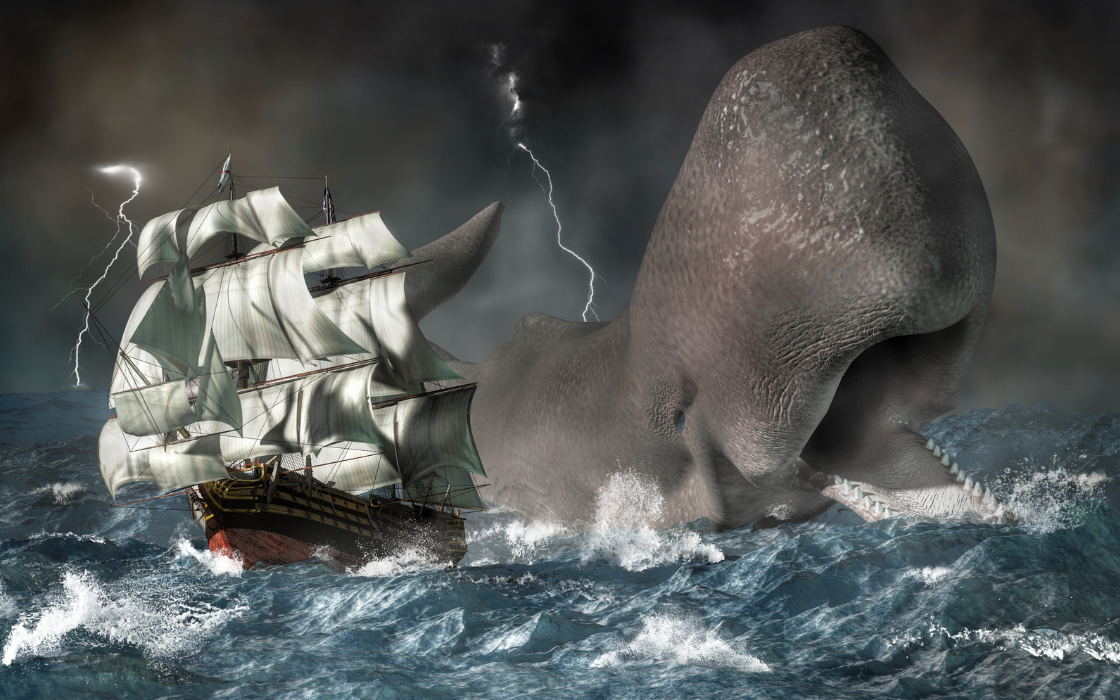
Nie masz czasu na zapoznanie się z całością artykułu?
Wystarczy, że klikniesz ikonę „oznacz artykuł do przeczytania później”. Wszystkie zapisane publikacje znajdziesz w profilu czytelnikaKhanna: Just because I’m a geopolitician by education, does not mean I’m an ideologue. Conectivity today is a battlefield for influence

 I reject the idea that geopolitics means division and globalization means harmony. The truth is that these are two sides of the same coin. And they always have been;
I reject the idea that geopolitics means division and globalization means harmony. The truth is that these are two sides of the same coin. And they always have been;- The end of history (insofar as we can locate the dominant and aspirational political system for most societies in the world) is not Western, liberal, democratic capitalism, as Fukuyama wrote in 1989. Instead, it is a system that I call Asian democratic technocracy;
- Regions where neighbors are more connected to each other are more likely to have peace. This is an absolute and indisputable truth, and I take great pains to show that Russia, among the great powers, is the least connected of the other powers, has the least interest in maintaining the international order as it is, and is therefore the most likely to go to war;
- The world is like a global version of the European Middle Ages. There are empires, religious movements, cities, diasporas, businesses, highly divided and fragmented identities, different potentials. So treating the entire world of 2023 as if it were simply a mechanical model of post-Westphalian sovereign nation-states is a very flawed representation of reality;
- Europe and European countries have rejected many aspects of the Belt and Road because they don’t want to participate in unilateral agreements. (…) But the fact that Europe or Africa is less involved in the Belt and Road does not mean that the initiative is dead. Because lo and behold, more Belt and Road projects and investments are developing in Saudi Arabia, in Iran, in Kazakhstan, in Southeast Asia, in Eurasian regions neighboring China;
- The US-China dimension is less central to the global order than people think. We are told that the US-China trade relationship is the most strategic in the world. It isn’t. China trades more with Europe than with the United States. Much more;
- I am still optimistic about Europe, for many reasons. The West has strength. But whether it lasts will depend on political will, on diplomacy, and on the West’s ability to forge the necessary consensus needed in times of crisis – whether a crisis in relations with Russia or with China. And this is an action that our leaders and ourselves must implement day after day, year after year. I hope we realize that we can take that geopolitical step back to understand the stakes in this matter as we fight our little internal disputes in the West.


Want more? Ambitious content, insightful analysis, lively discussions and books that make you understand – all these things need strong allies. With your support, the best is yet to come! Support us!
Zobacz
The idea of “Solidarity” has been killed in Poland after 1989. Law and Justice fills this space only rhetorically
The tragedy of Poland is that it had to conform to the demands of the international Western community. It had to become aggressively capitalist and corporatist and it could not assert its independence. Jarema Piekutowski interviews Maurice Glasman
Khanna: Just because I'm a geopolitician by education, does not mean I'm an ideologue. Conectivity today is a battlefield for influence
Is Parag Khanna the second Fukuyama? Will we see a brutal race for the greatest possible connectedness? Or will conectivity bring peace, reduce the number of classic warfare? What will be the role of the West in this competition, and how much will the Belt and Road initiatives mean? Will nation-states fade away in favor of tribalism?
A Tale of Two Monsters and Four Elements: Variations of Carl Schmitt and the current global crisis
We have a class of scientific technocrats directing the work of a class of politicians without honour, who utterly subordinate everyone else. Only a spiritual revolution will save us now
India is, and will be a non-aligned power in the New Cold War
India is a non-aligned power; this move not only protects its own varied relations (as seen with India-Russia ties and even India-China bilateral) but also allows it to provide guidance and support to smaller economies in Asia and the Indo-Pacific
The Sino-Russian relationship should not be seen as an alliance of revisionist powers
Chinese do not feel comfortable with the seemingly endless “endism” produced by Western intellectual elites, be it Fukuyamanian “end of history” at the end of the Cold War, or the recent variant of the “end” of the so-called liberal international order (LIO)
























